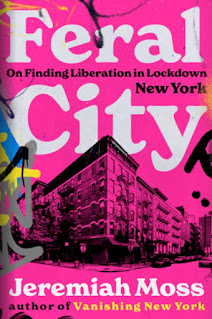
Free Williamsburg has the story. In the owner of Whisk's own words:
"It is a story of greed, commercial banking and the distortion of 'fair' market rents.
When we opened Whisk on November 26, 2008, our rent was $8,625/month; it ended at $18,452/month. The thing is, we could sustain that high rent. We are a great, busy store and online retailers have not cut into our sales enough to hurt us. But to renew our lease for just 5 years, our landlords asked for no less than $26,500/month, or a 44% increase. To accept that rent would mean increasing prices and depressing wages. And that’s not the contribution I want to make.
So how did it come to be that it’s $26,500 or leave? I believe the story goes like this:
Developers identify Williamsburg as the cool place to be. Developers seek loans to amass more land ownership. Banks underwriting these mortgages demand to know payments can be met via higher rent rolls. 'We like chain stores for tenants,' they say. Williamsburg businesses shift from independent, unique services to large American and multinational businesses seeking to grow their brand. Can’t actually pay the high rent demand? 'No matter,' say these businesses. 'It’s an advertising investment!' Private equity supported brands want in; food chains want in; heck, all the banks want in! Big landlords are happy and finally so too are the small landlords who can now say “me too!” on high rent demands."
There are solutions--but we have to take control.
















